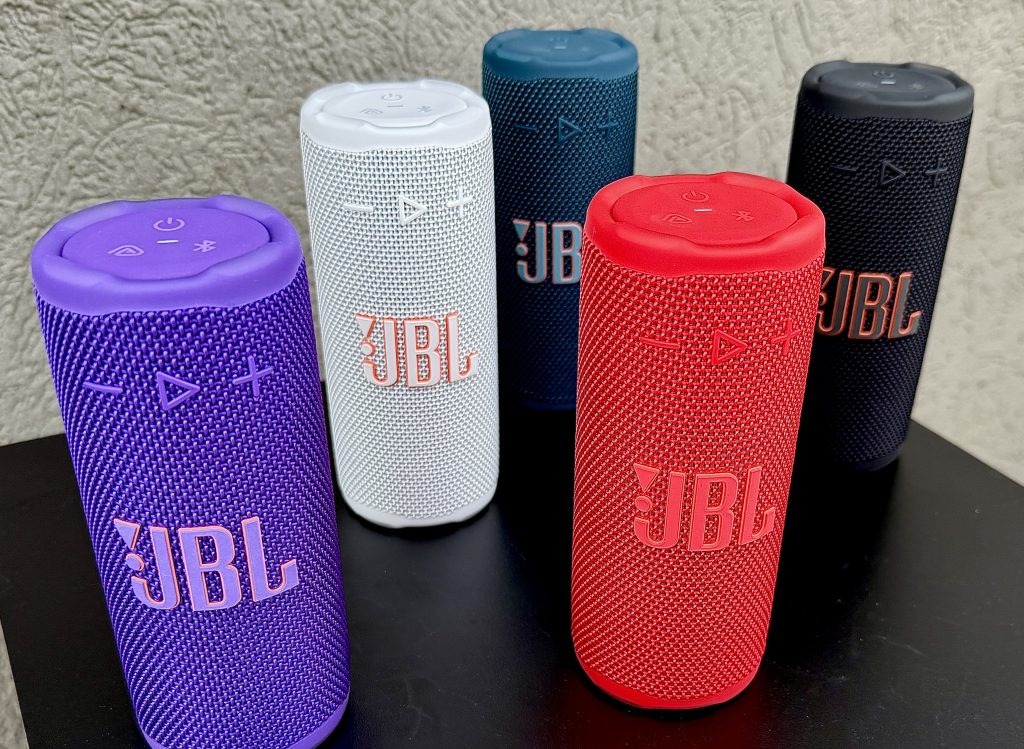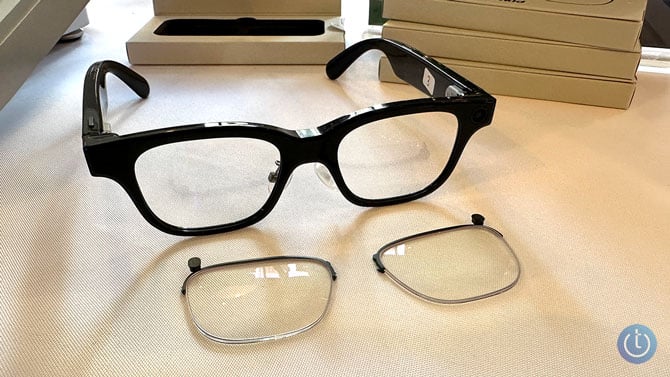-
Recent Posts
- Ubilite’s Smaller, Lighter Wi-Fi/Bluetooth Chips Lengthen Wearable Battery Life
- xMEMS Seeks To Solve Size, Weight, Cooling Problems For Wearable Tech
- E-Waste Day 2025: How To Responsibly Dispose – Or Even Profit From – Old Gear
- Reviewed: AirPods Pro 3 Are Still Flawed as Hearing Aids
- JBL Showcases Personal, Portable & Party BT Speakers
-
Recent Comments
Archives
- November 2025
- October 2025
- September 2025
- August 2025
- July 2025
- June 2025
- May 2025
- April 2025
- March 2025
- February 2025
- January 2025
- November 2024
- October 2024
- September 2024
- August 2024
- July 2024
- June 2024
- May 2024
- April 2024
- March 2024
- February 2024
- January 2024
- December 2023
- November 2023
- October 2023
- September 2023
- August 2023
- July 2023
- June 2023
- May 2023
- April 2023
- March 2023
- February 2023
- January 2023
- December 2022
- November 2022
- October 2022
- September 2022
- August 2022
- July 2022
- June 2022
- May 2022
- April 2022
- March 2022
- February 2022
- January 2022
- December 2021
- November 2021
- October 2021
- September 2021
- August 2021
- June 2021
- May 2021
- April 2021
- March 2021
- February 2021
- January 2021
- December 2020
- November 2020
- October 2020
- August 2020
- July 2020
- June 2020
- May 2020
- April 2020
- March 2020
- February 2020
- January 2020
- December 2019
- November 2019
- October 2019
- September 2019
- August 2019
- July 2019
- June 2019
- May 2019
- April 2019
- March 2019
- February 2019
- January 2019
- December 2018
- November 2018
- October 2018
- September 2018
- August 2018
- July 2018
- June 2018
- May 2018
- April 2018
- March 2018
- February 2018
- January 2018
- December 2017
- November 2017
- October 2017
- September 2017
- August 2017
- July 2017
- June 2017
- May 2017
- April 2017
- March 2017
- February 2017
- January 2017
- December 2016
- November 2016
- October 2016
- September 2016
- August 2016
- July 2016
- June 2016
- May 2016
- April 2016
- March 2016
- February 2016
- January 2016
- December 2015
- November 2015
- October 2015
- September 2015
- August 2015
- July 2015
- June 2015
- May 2015
- April 2015
- March 2015
- February 2015
- January 2015
- November 2014
- September 2014
- August 2014
- July 2014
- June 2014
- May 2014
- April 2014
- March 2014
- February 2014
- January 2014
- June 2013
- May 2013
- February 2013
- January 2013
- September 2010
- July 2010
- June 2010
- March 2007
- January 2007
- March 2006
- March 2005
- June 2004
- March 2004
Categories
- AARP
- Android
- Apple
- Best Products
- cell/smartphones
- CES
- CNET
- Consumer Goods Technology
- Consumers Digest
- Digital Tech Consulting
- DVICE
- ear/headphones
- eBay
- Electronic House
- Gear Brain
- home office
- Huffington Post
- IFA
- Internet/Social Media
- Investopedia
- Laptop Magazine
- Mashable
- music players/speakers
- OTC Hearing Aids
- Popular Mechanics
- re/code
- smart home
- smart locks
- smartphones
- SmartTechCheck Podcast
- Sound & Vision
- Tech Goes Strong
- Tech History
- Techlicious
- Tom's Guide
- TV/4K/UHD/8K
- TWICE
- U.S. News 360
- Uncategorized
- VR/AR
Happy 100th Birthday, Consumer Technology Business
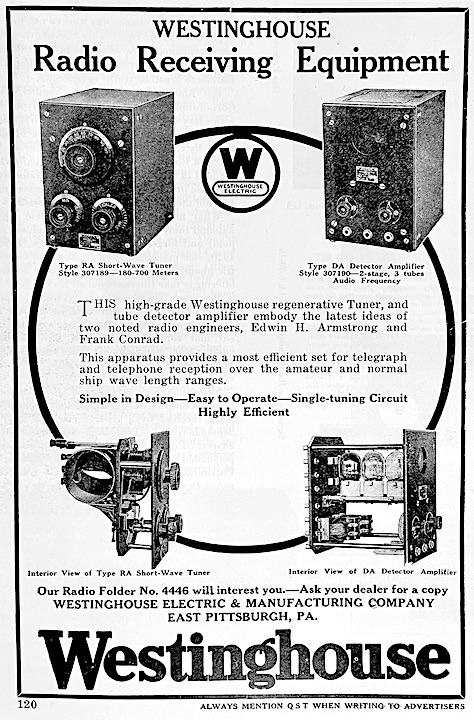
Celebrating the 100th birthday of the consumer technology industry with the story behind how and why our business came to be and of those responsible for creating it, in five parts:
Part 3: A Pittsburgh Radio Sensation
Posted in Tech History, TWICE
Tagged 1920, Consumer electronics, consumer technology, Consumer Technology Association, CTA, history, KDKA, Pittsburgh, radio, RCA, tech history, Westinghouse, WIRELESS
Leave a comment
How the Consumer Technology Industry Was Born
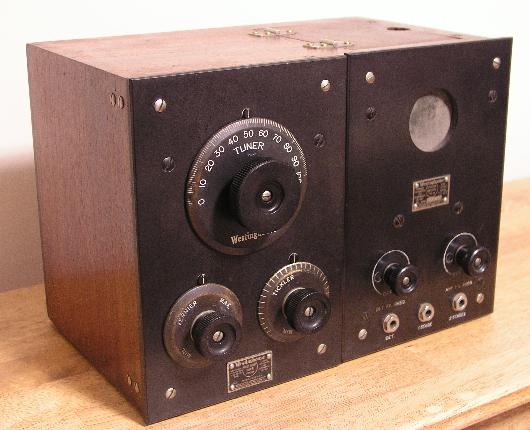
What we now call the consumer technology industry was born November 30, 1920, when the first consumer electronics product, the two-piece RA-DA, the first commercially produced radio designed for the mass market, rolled off the Westinghouse assembly line in East Pittsburgh. After a two-year period of hectic technological, business and legislative/regulatory developments following the end of World War I, the Westinghouse RA-DA and the entire radio industry emerged, becoming the dominant consumer technology product for three decades. On the centennial of our industry, let’s take a look at the events of 1919-1920 that cleared the way for the future.
Part 1: The Day Radio Died
Part 2: How the Consumer Technology Industry Was Almost Never Born
Part 3: How President Wilson Shaped the Airways
Part 4: Happy 100th Birthday To The Consumer Technology Industry
Ubilite’s Smaller, Lighter Wi-Fi/Bluetooth Chips Lengthen Wearable Battery Life
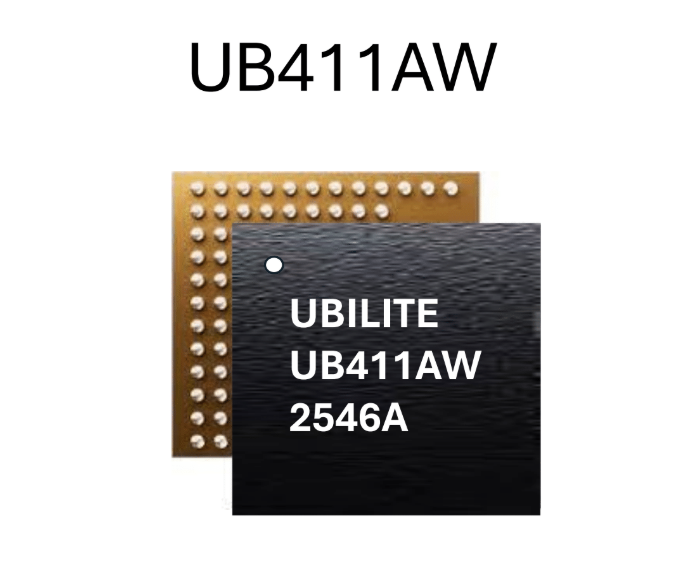
Re-engineered from the bottom up, Ubilite’s combination Wi-Fi and Bluetooth chips to be previewed at CES 2026 are smaller, lighter, with better heat dissipation, and operate on BLE-like low power than current commodity Wi-Fi solutions for wearable devices.
Read the rest of this report here at TWICE.com.
Posted in cell/smartphones, ear/headphones, music players/speakers, TWICE
Tagged BLE, Bluetooth, Bluetooth Low Energy, Ubilite, Wi-Fi, WiFi
Leave a comment
xMEMS Seeks To Solve Size, Weight, Cooling Problems For Wearable Tech

New Sycamore and Cypress micro nearfield speakers in varying configurations, along with new µCooling micro thermal cooling architecture, can make portable, mobile, and wearable devices smaller, lighter, cooler, and more comfortable.
Read the rest of this report here at TWICE.com.
E-Waste Day 2025: How To Responsibly Dispose – Or Even Profit From – Old Gear
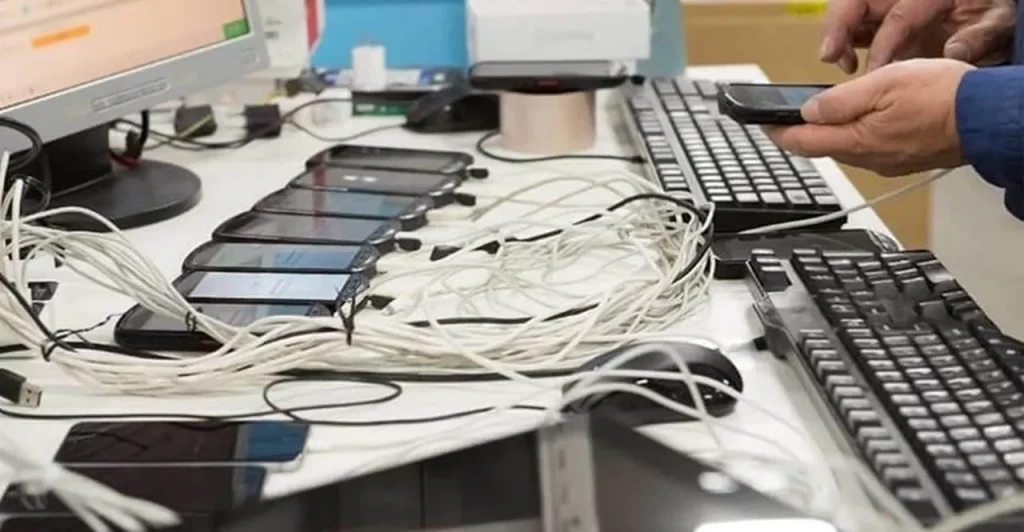
Some tips on how to data sanitize and sustainably retire, destroy, or even recoup the value of aging or outdated corporate devices.
Read this report here at TWICE.com.
Reviewed: AirPods Pro 3 Are Still Flawed as Hearing Aids
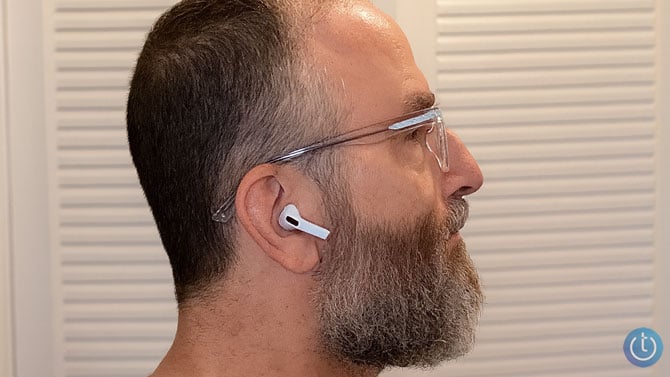
Apple asserts it has improved the hearing aid functionality in its new AirPods Pro 3 earbuds ($249) over the Pro 2. That’s true – just not by much. And the Pro 3’s marginal hearing aid improvements are mostly logistical and ergonomic: longer battery life, a new, surer fit design, and a wider variety of different-sized silicone ear tips. Aurally, the Pro 3 adds minor improvements in its transparency mode for hearing your own voice and in overall sound amplification and clarity.
Read the rest of this review here at Techlicious.com.
Posted in Apple, cell/smartphones, ear/headphones, OTC Hearing Aids, smartphones, Techlicious
Tagged AirPods, AirPods Pro 3, Apple, OTC hearing aid
Leave a comment
Power, Cleaning, Security, Sound & iPhone 17 Gear For Fall From A To Z
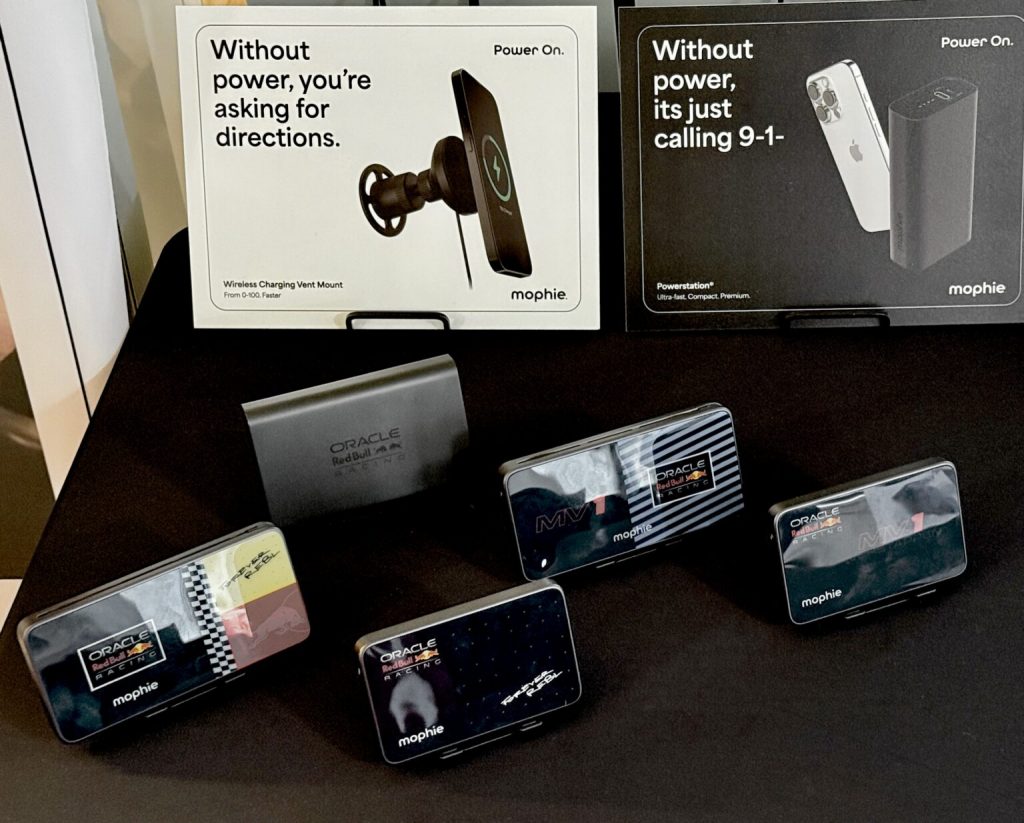
Anker and Zagg launch a slew of new products due to hit retail this fall. Amongst Anker’s intros is its Eufy stair-climbing robot vacuum cleaner accessory; Zagg’s standout is a fool-proof iPhone 17 screen protector applicator.
Read the rest of this roundup here at TWICE.com.
Posted in Android, Apple, cell/smartphones, ear/headphones, home office, smart home, smartphones, TWICE
Tagged AirPod Max, Anker, Apple Watch, Bluetooth keyboard, Eufy, F1, home security, iPad, iPhone, Mars Walker, Mophie, portable home theater, Rainier, Santa Cruz, screen protector, Sedona, SoundCore, Speedport, Zagg
Leave a comment
The 9 Best Refrigerators to Keep Your Food Fresh and Organized
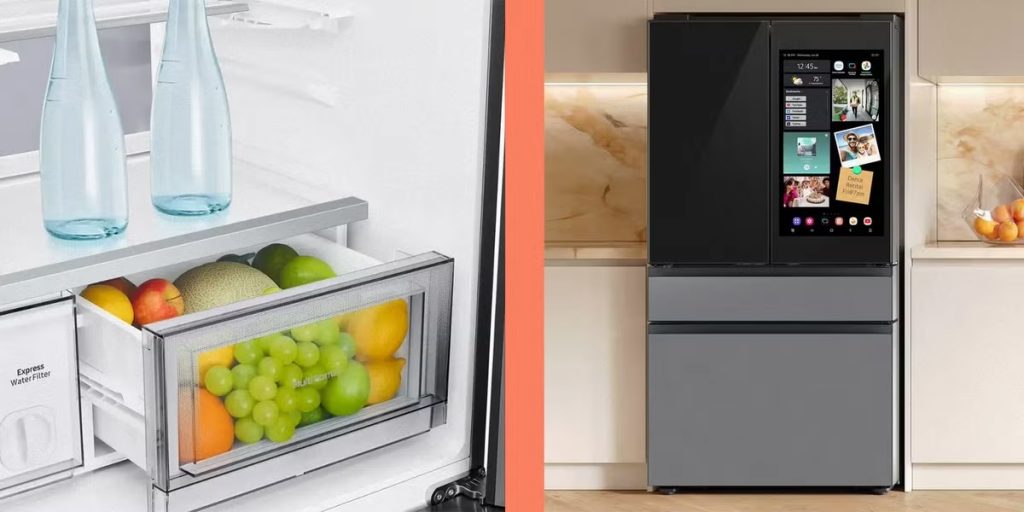
We gathered the latest picks from popular brands like Samsung, Maytag, and more.
Read this report here at Popular Mechanics.
Posted in Popular Mechanics, smart home
Tagged 4-door, counter depth, freezer, French door, GE, General Electric, Hisense, ice maker, LG, Maytag, refrigerators, Samsung, side by side, standard depth, water dispenser
Leave a comment
Apple’s New iPhone Air Is So Thin It Feels Unreal
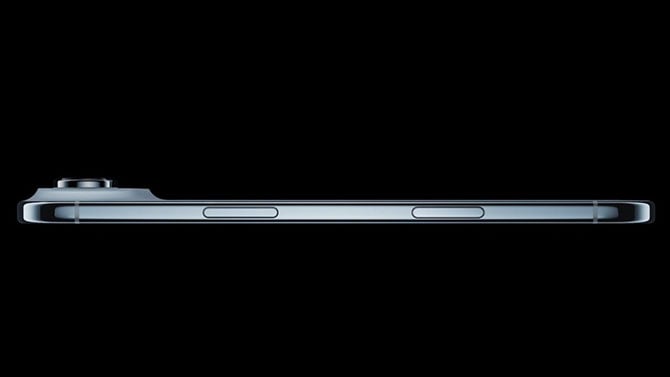
If you think your iPhone is too fat, Apple has just unveiled the skinny iPhone Air, measuring a silly 5.64mm – less than a quarter inch – thin, but still boasting a 6.5-inch display.
Read the rest of this report here at Techlicious.com.
Posted in Apple, cell/smartphones, smartphones, Techlicious
Tagged Apple, iPhone, iPhone 17 Pro, iPhone Air
Leave a comment


